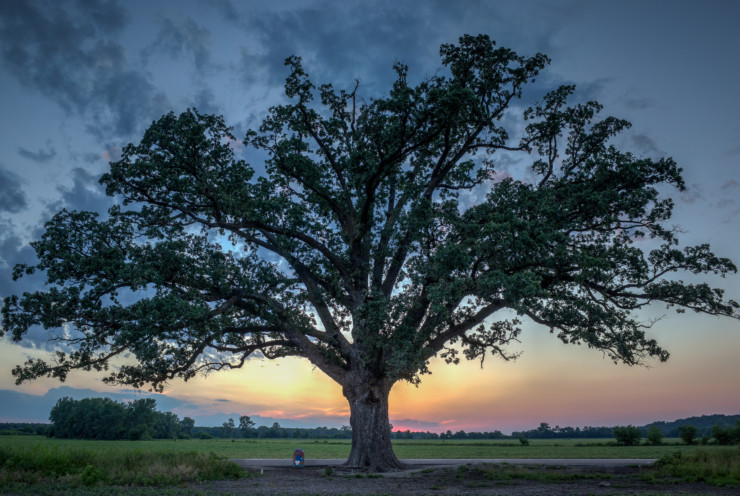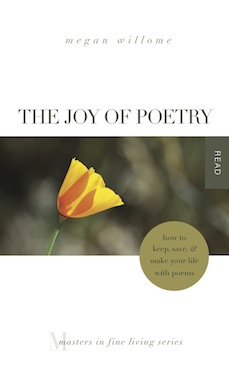“TO this generation I would say:
Memorize some bit of verse of truth or beauty.
It may serve a turn in your life.”
from “Mrs. George Reece,” Spoon River Anthology, by Edgar Lee Masters
If Mrs. George Reece had lived in Texas, I like to think she would have memorized Carlos Ashley’s “South of the Cap Rock,” for both truth and beauty’s sake.
South of the Cap Rock
Oh, bury me South of the Cap Rock
Halfway to the Rio Grande,
Where the eagles sail
O’er the Spanish Trail
And the tall pecan trees stand.
Oh, my dreams are South of the Cap Rock,
Where the hills and rivers rise;
Where a sun-kissed peak
On the dimpled cheek
Of a Texas plateau lies.
Oh, it’s springtime South of the Cap Rock,
And the bee-weeds blossom soon,
Where I used to ride
With my promised bride
Neath a lover’s magic moon.
Now my heart lies South of the Cap Rock,
And there’s where I want to die,
Near the Llano’s brink
Where the cattle drink
And the nesting killdees cry.
Yes, bury me South of the Cap Rock
By my love on a granite hill,
And we will sleep
While the mountains keep
Their vigil, eternal, still.
—Carlos Ashley
Carlos Ashley was Texas Poet Laureate from 1949-1951 and was featured at the National Cowboy Poetry Gathering in 1988. Although he passed away in 1993, his influence lives on. I was given an autographed copy of his collection That Spotted Sow after participating in last year’s Hill Country Cowboy Gathering.
Most of the poem is set deep in the heart of Texas, except for that repeated line about “the Cap Rock.” The caprock (now spelled as one word) stretches about two hundred miles across the Panhandle. Imagine a flat tabletop 1,000 feet above everything else. The city of Amarillo sits on the caprock at 3,650 feet above sea level, making it higher than Mount Greylock, the tallest peak in Massachusetts at 3,491. But despite its elevation, the caprock is not where the speaker wants to be buried: “Oh, bury me south of the Cap Rock,” he says.
Poems about places I’ve been connect me with people I love. I have family in Amarillo. I visited the wildest part of the Rio Grande with my dad and a remnant of the Spanish Trail with my husband. We once lived in a house with a pecan tree. My mom loved the bald eagles that nest near the Llano’s brink.
When I start learning a new poem by heart, I usually spend the first week simply reading it aloud so I get its sounds in my mind. Like a lot of cowboy poetry, this one has an easy rhythm. I can almost feel a horse underneath me, swaying a bit from side to side, as the poem travels south. By the time it gets to the final stanza, if you know your Lone Star state geography, you’ll recognize where the speaker does want to be buried, in the Texas Hill Country, “by my love on a granite hill.” Well, seventeen miles from me there’s a big ol’ granite hill, one I’ve been visiting my whole life: Enchanted Rock State Natural Area.
I’ve written many poems about that state park, mostly about the hikes I’ve taken and the people I took them with. I still can’t seem to capture its truth or its beauty. But Carlos Ashley did it in just a few lines. By the time I read that last stanza, I’m sitting with him and his “promised bride” on that one-billion-year-old rock mountain — the inside of a volcano that never erupted — keeping its “vigil, eternal, still” over their souls.
From the grave, Mrs. George Reece charges us to memorize poetry. If not this poem, then choose one that connects you with the people and places that mean most to you. You never know when learning it by heart “may serve a turn in your life,” carrying you where you most need to go, when you most need to go there.
Your Turn
Did you memorize “South of the Cap Rock” this month? Join our By Heart community and share your audio or video using the hashtags #ByHeart and #MemoriesWithFriends and tagging us @tspoetry. We also welcome photos of your handwritten copy of the poem.
By Heart for November
For the next By Heart gathering, November 29, we’ll learn we’ll learn part of Juliet’s soliloquy from Act 2, Scene 3 of Romeo and Juliet by heart. Because come November 3, we get extra night.
Come, night, come, Romeo, come, thou day in night;
For thou wilt lie upon the wings of night
Whiter than new snow on a raven’s back.
come, gentle night, come, loving, black-brow’d night.
Give me my Romeo; and, when he shall die,
Take him and cut him out in little stars,
And he will make the face of heaven so fine
That all the world will be in love with night
And pay no worship to the garish sun.
— William Shakespeare
Photo by Heath Cajandig, Creative Commons, via Flickr. Post by Megan Willome.
Browse more By Heart
“Megan Willome’s The Joy of Poetry is not a long book, but it took me longer to read than I expected, because I kept stopping to savor poems and passages, to make note of books mentioned, and to compare Willome’s journey into poetry to my own. The book is many things. An unpretentious, funny, and poignant memoir. A defense of poetry, a response to literature that has touched her life, and a manual on how to write poetry. It’s also the story of a daughter who loses her mother to cancer. The author links these things into a narrative much like that of a novel. I loved this book. As soon as I finished, I began reading it again.”
—David Lee Garrison, author of Playing Bach in the D. C. Metro
- Perspective: The Two, The Only: Calvin and Hobbes - December 16, 2022
- Children’s Book Club: A Very Haunted Christmas - December 9, 2022
- By Heart: ‘The night is darkening round me’ by Emily Brontë - December 2, 2022


Leave a Reply